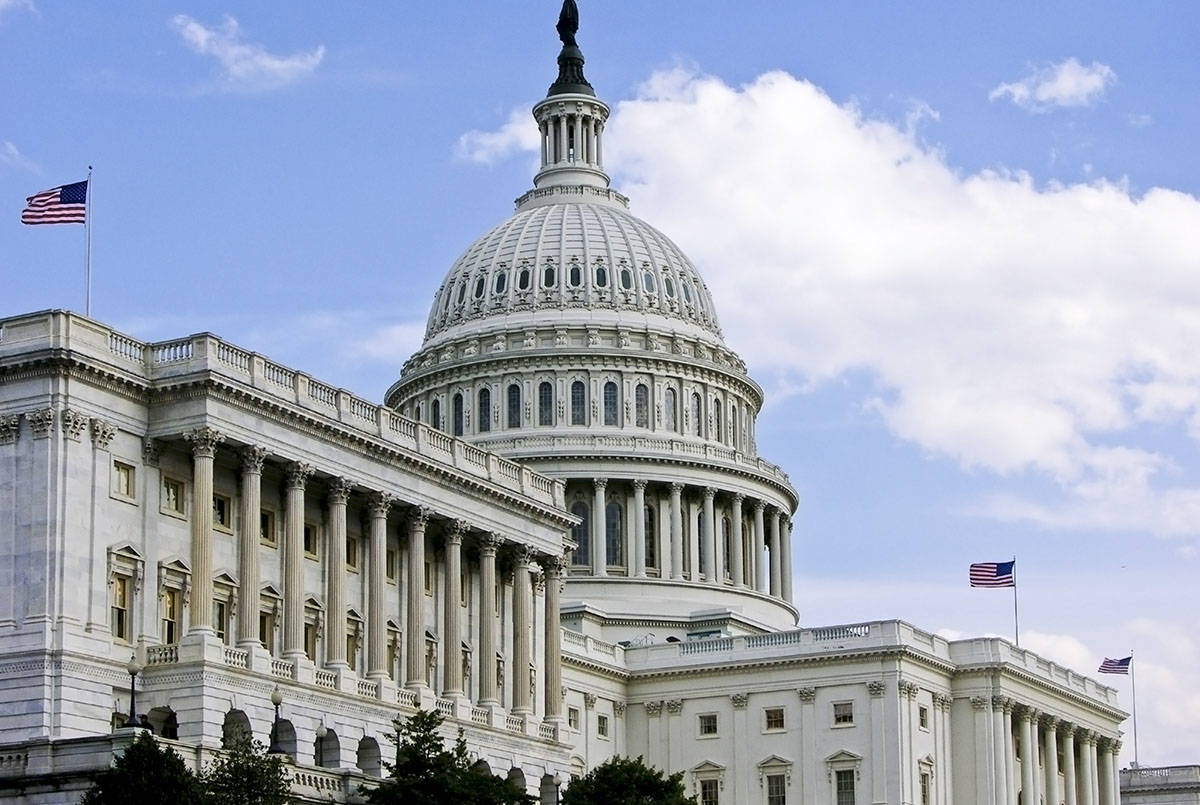LETTER: Senate under no obligation to vote on any presidential nominee
Review-Journal columnist Steve Sebelius concludes his Sept. 27 commentary about the constitutional process for appointment of various officers of the United States, including U.S. Supreme Court justices, with a serious misunderstanding of the Constitution. He writes: “A president has the power to make nominations … and the Senate has the power and obligation to give advice and consent, a yes or no vote on each nominee.” Somehow he has turned a power of the Senate to confirm nominees into an obligation to have a yes or no vote. There is no such constitutional obligation.
It is important to note that there is no special process for Supreme Court nominations. It’s the same process as ambassadors, Cabinet officers, and “all other Officers of the United States” whose appointments are not otherwise provided for in the Constitution. The Senate has no obligation to have an up or down vote. It is quite common for controversial ambassadors, lower court judges and Cabinet officials to never get a hearing or never get out of committee to the floor for a vote of the full Senate.
There is a long tradition in the Senate of withholding consent and advising the president to submit another name by just not acting on the nomination. It happened so frequently to Obama judicial appointments that our own Harry Reid invoked the famous “nuclear option.”
A power to advise is not an obligation to vote. Sometimes the advice of the Senate is “no way, we will not even consider this nominee.”





























